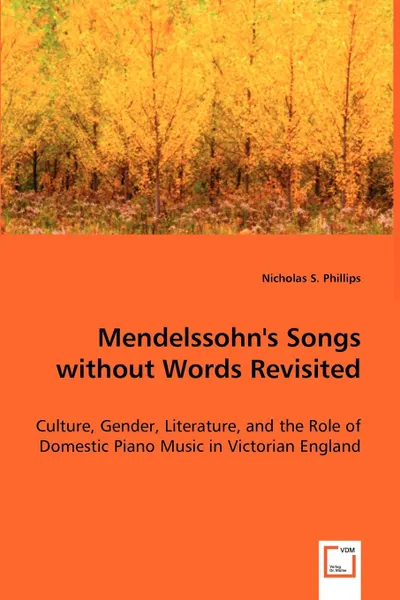Mendelssohn.s Songs without Words Revisited 6+
Автор: Nicholas S. Phillips
144 страницы
Категория: Искусство и культура
ISBN: 9783639032031
Язык: Английский
📗 Through an examination of the intersections of women and domestic piano music, the representation of the piano in literature, class and gendered expectations in Victorian England, and Romantic aesthetics, modern audiences can better understand and appreciate Mendelssohn's Songs without Words by considering them in nineteenth-century contexts. Approaching the Songs without Words in these terms reveals mutual influences and illuminates a symbiotic relationship between the Songs without Words and Victorian domestic society: art and life reflected and relied upon each other. The Songs without Words were extremely popular in the nineteenth century, and the reason for their fame in Victorian England becomes apparent when these piano character pieces are placed within the cultural contexts of the time of their creation. The immense fame and adoration of the Songs without Words in Victorian England was a direct result of their inherent feminine and domestic associations, the same qualities that have contributed to their virtual exclusion from the modern performing repertoire.
Мнения
